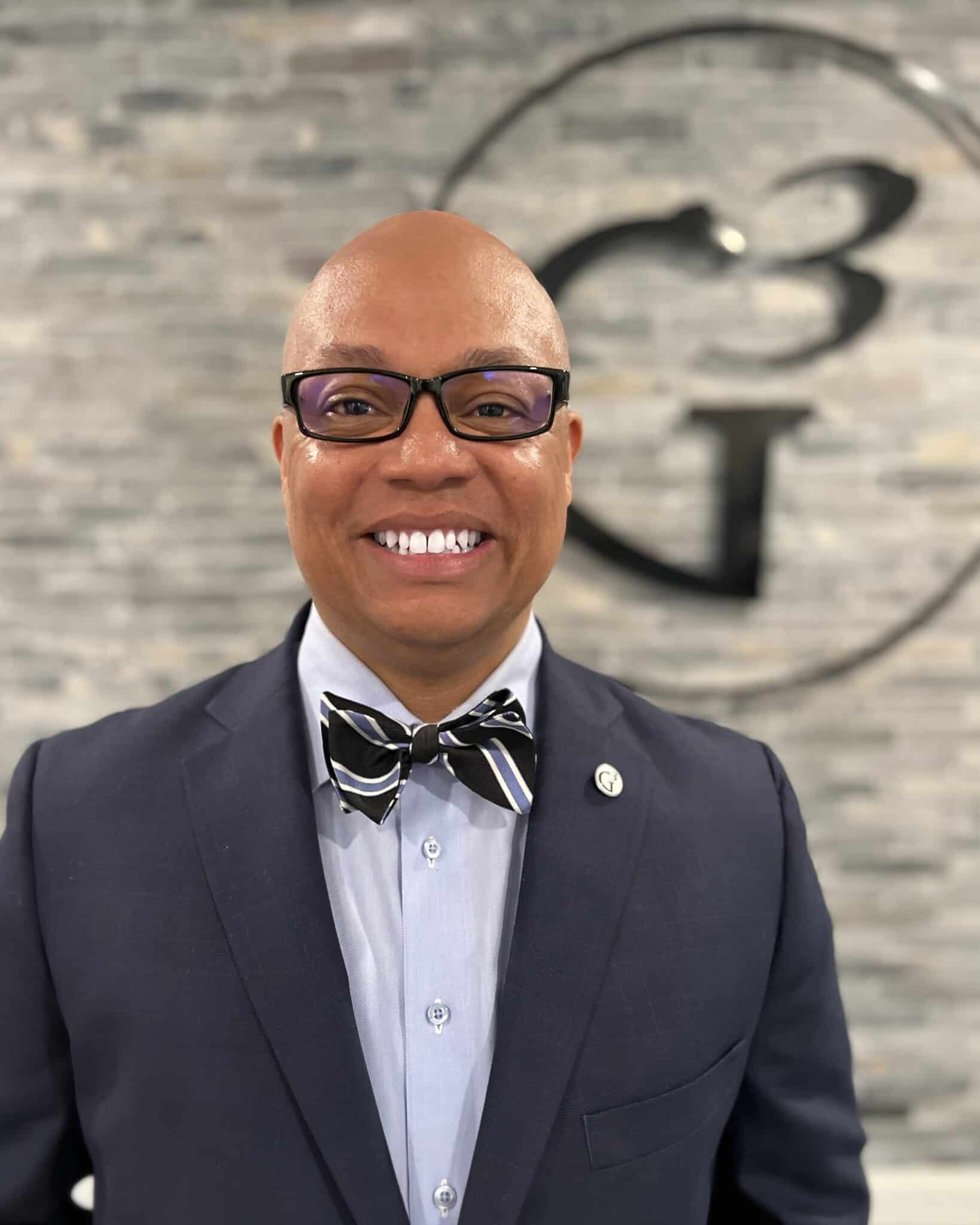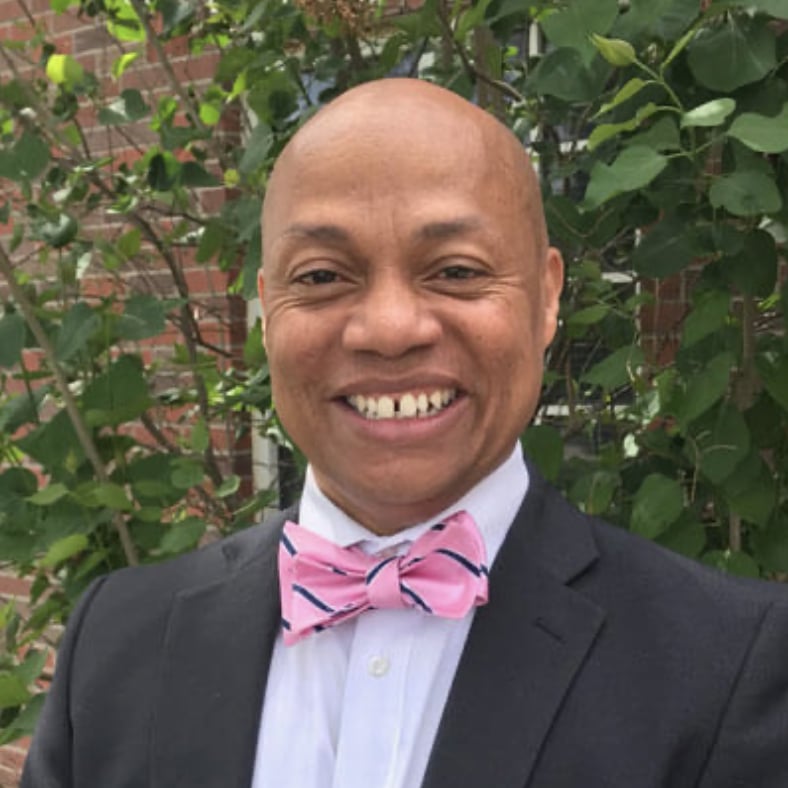In a previous role, I had the distinct privilege of teaching new believers in a Christianity 101 course. The idea behind the course was to teach young believers fundamental Christian doctrines. Those who attended were converts to Christianity from various denominational backgrounds. One of the questions I would ask class attendees, many of whom were former Catholics, was, “Why are you Protestant?” The response from many would be a puzzled look. Some would respond by asking, “What is a Protestant?” Others would say, “Well, I don’t believe in Mary.” It would be rare for someone to respond with an explanation of the recovery of the doctrines of grace. Few were able to explain salvation obtained by grace alone (Sola Gratia), through faith alone (Sola Fide), according to Scripture alone (Sola Scriptura). Fewer still knew much about Martin Luther or the recapture of the cornerstone doctrine of justification apart from works.
As for my background, the names of pre-reformers like John Wycliffe and Jan Hus were unfamiliar to me until seminary. Furthermore, I was unclear on the contributions of men like Martin Luther, Ulrich Zwingli, and John Calvin in restoring orthodox Christian doctrines.
However, this is the time of year; as many prepare for Halloween, my wife and I are always excited to decorate and wear costumes to reflect our celebration of Reformation Day. Like many reformed believers who engage in Fall Festivities, we are eager to display our faith in this way. Our hope in doing this is that someone asks, “What is Reformation Day?” Unfortunately, far too many Christians are unable to answer this question with clarity. In a culture that applauds ecumenical inclusivism, addressing theological distinctions seems too divisive. Many church pastors refrain from teaching church history, believing it is a waste of time. Instead, many pastors are looking for the next fresh idea to grow their church. Few pastors take the time to explain the challenges faced by the early church before the accessibility of the Scriptures in the language of the people.
Even now, with unprecedented access to the Scriptures, few are reading their Bibles, and fewer still understand the basics of the Protestant Christian faith.
Reformation Day
Historians debate whether Luther mailed or nailed his 95 theses, however on October 31, 1517, the 95 theses were able to be viewed on the Castle Church Door in Wittenberg, Germany. Luther’s primary issue was indulgences—accepting payments in whole or part in exchange for the remission of sins. In his theses, Luther made it clear that “The pope cannot remit any guilt, except by declaring and showing that it has been remitted by God (by Scripture).”
Many see the posting of Luther’s theses at Castle Church as the climactic resolution of the Reformation—nail the 95 theses, and it’s over. Far from it. For Luther, such an idea was not in view. Posts on the church door were much like a Facebook post so that those who stopped by could review the information for further discussion. The Guttenberg printing press assisted in fanning the flames of Reformation as printed materials were available to all to read.
The Reformation was the direct result of the providence of God. It was a time marked by the people of God comparing what they were taught about God with what they read in his Word.
By 1522, believers would have the New Testament in their language. And by 1534, Luther’s work would include the Old Testament. The availability of the Guttenberg press ensured access to the scriptures in previously unprecedented ways. From the Reformation come the Five Solas—Sola Gratia (grace alone), Sola Fide (faith alone), Solus Christus (Christ alone), Sola Scriptura (Scripture alone), Soli Deo Gloria (to the glory of God alone). Each tenet is representative of God’s sovereignty in salvation and our attention to Scripture in religious practice. Of the five Solas, the core theological tenet that would reign in the believer’s life was Sola Scriptura (Scripture alone). It was access to the Scriptures that brought the light of truth for all the other tenets of the faith.
The Continued Need for Reform
Historians differ on the exact time of the Reformation’s end. However, most suggest the Peace of Augsburg, signed on September 25, 1555, which allowed for an official end to most battles. This document serves as the ending of a long struggle between Catholicism and Lutheranism, providing peaceful coexistence of both religious groups in Germany.
In reality, however, the need for reform is never over. Perhaps more today than at any time since the sixteenth century, churches desperately need a return to the core teachings of the Reformation.
Unfortunately, even with the proliferation of Scripture, modern evangelicals pay less attention to what’s written in Scripture than ever before. At the touch of an iPhone, new translations of Scripture are now available. Today, we can access what others could not, yet we don’t. This further demonstrates a lack of desire for Scripture, which we’ve replaced with the philosophies of men. We can witness this in church pulpits everywhere. From Critical Race Theory to Social Justice, the move in unbiblical directions is pervasive within Evangelicalism.
Men like Wycliffe and Luther once ensured men could access God’s word in their language. They accomplished this at a high cost. Evangelicalism can use more men with bold convictions for truth in our day. There’s a need for us to stand on the sufficiency of Scripture in our day. Semper Reformanda.





